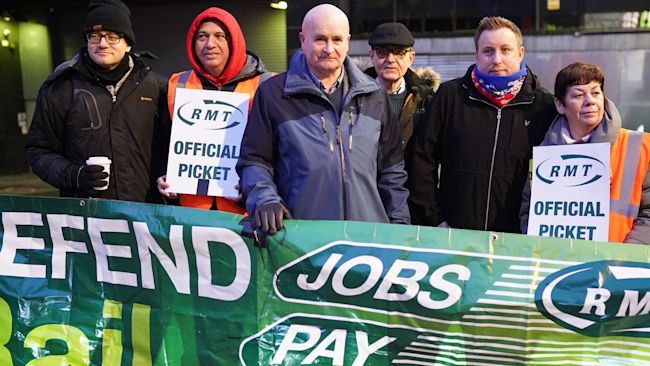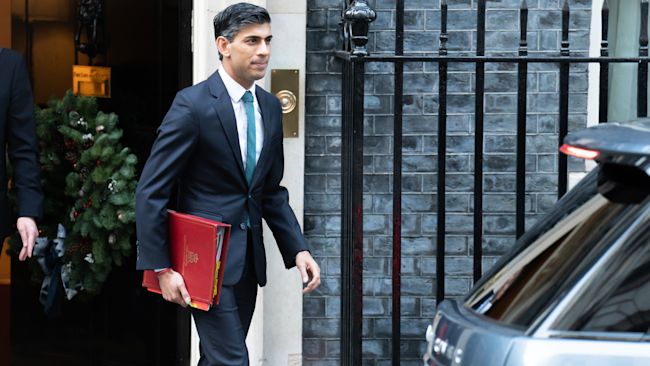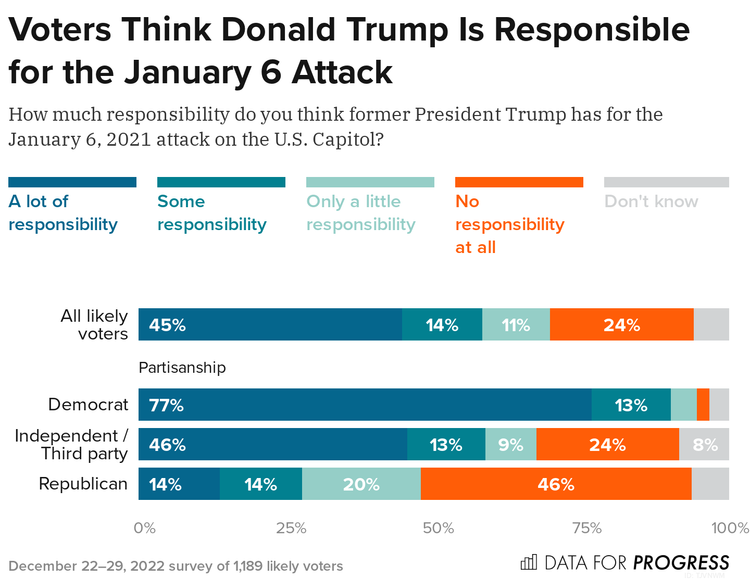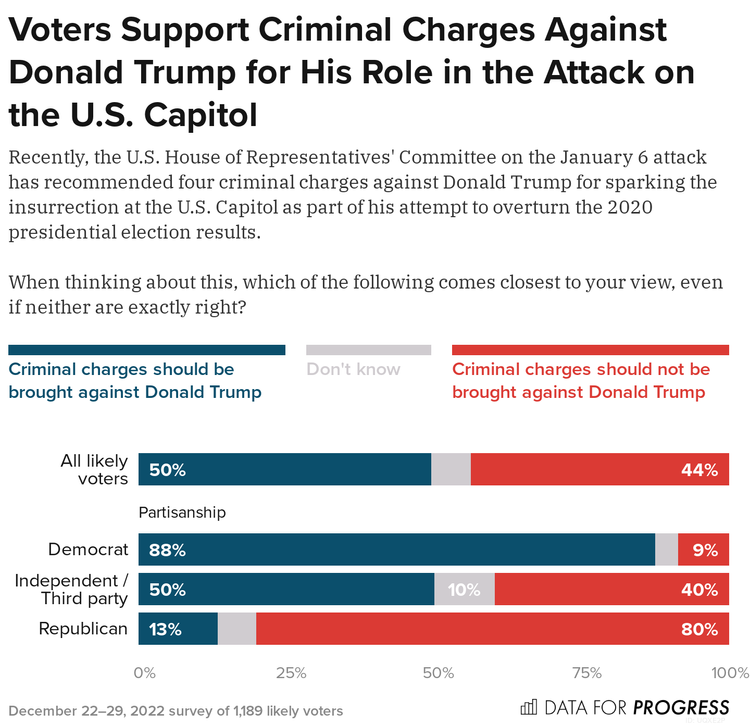
(Alamy)
Paulette Hamilton MP
@PauletteHamilto
Working in the nursing profession for over 25 years, I know first-hand nurses are on the front line of all care given.
Nurses work extremely long hours, most shifts are 12 hours long. These heroes dedicate their lives to caring for others day in, day out. But many are still living with the after effects of having worked flat-out through the pandemic, all while trying to do the work of three or four nurses due to staff shortages, adding to workplace stress.
NHS recruitment is a huge problem. It is never helpful to look at the numbers of trainees recruited, but instead how many finish training and receive their much valued registration number. Unfortunately, dropout rate remains high and in some areas of the United Kingdom it is 50 per cent or higher. The money offered to trainees through the NHS Learning Support Fund is not enough and results in many nurses taking up second and third jobs just to make ends meet.
It breaks my heart to say that I just couldn’t do the job now
Nurses are also having to cope with increased workplace violence, due in part to the increased levels of mental health issues in the community. A&E departments are so busy that it can at times seem like a zoo. This only adds to the enormous levels of stress they’re under.
Long waiting lists are also a major issue. This problem is not new, but it is important that the government does not think it is fixed by throwing money at it without root and branch changes. They must accept that the whole system is at breaking point and will need both professionals and people that understand health to come together and have difficult conversations.
Related

All The Promises In Rishi Sunak's Big Vision Speech, And Which Have Been Made Before
By Eleanor Langford
04 Jan
Nurses' pay is struggling to keep up with the cost of living crisis, with inflation levels forcing many hospitals to set up foodbanks specifically for their staff. I’ve met nurses at my own constituency advice surgery in Erdington who simply do not have enough money to eat.
It is soul destroying when you go on duty and know you will have inadequate staffing levels for a nine or 12 hour shift. The implications on the health of staff due to stress can be tragic, leading to long term sickness, nurses deciding to give up the profession altogether, or retiring at an early age. It breaks my heart to say that I just couldn’t do the job now, and the ongoing failure to address staffing levels can be a matter of life or death for patients.
I worked with the Royal College of Nursing for seven years. I know the union inside out and, with its long and distinguished history, I know it would never have considered strike action unless it was the absolute last resort.
Nurses have not been on strike for 106 years and it is extremely important that going forward the government understands that the health service is in crisis. Giving it lip service will not solve the multitude of pressing issues it faces, and ministers need to implement meaningful discussions with the nurses’ union if they want to move forward.
Social care needs fundamental reform which truly brings together health and social care, which at the moment are together in name only. The government must understand that unless problems in social care are addressed, including introducing a workforce plan, the continued pressures in A&E will only get worse.
The power to stop these strikes, that even nurses themselves don’t really want, lies squarely with the government. How can ministers justify refusing to even talk to the unions?
Ministers must do the job they were elected to do and not kick the can down the road any longer.

Paulette Hamilton, Labour MP for Birmingham Erdington.































